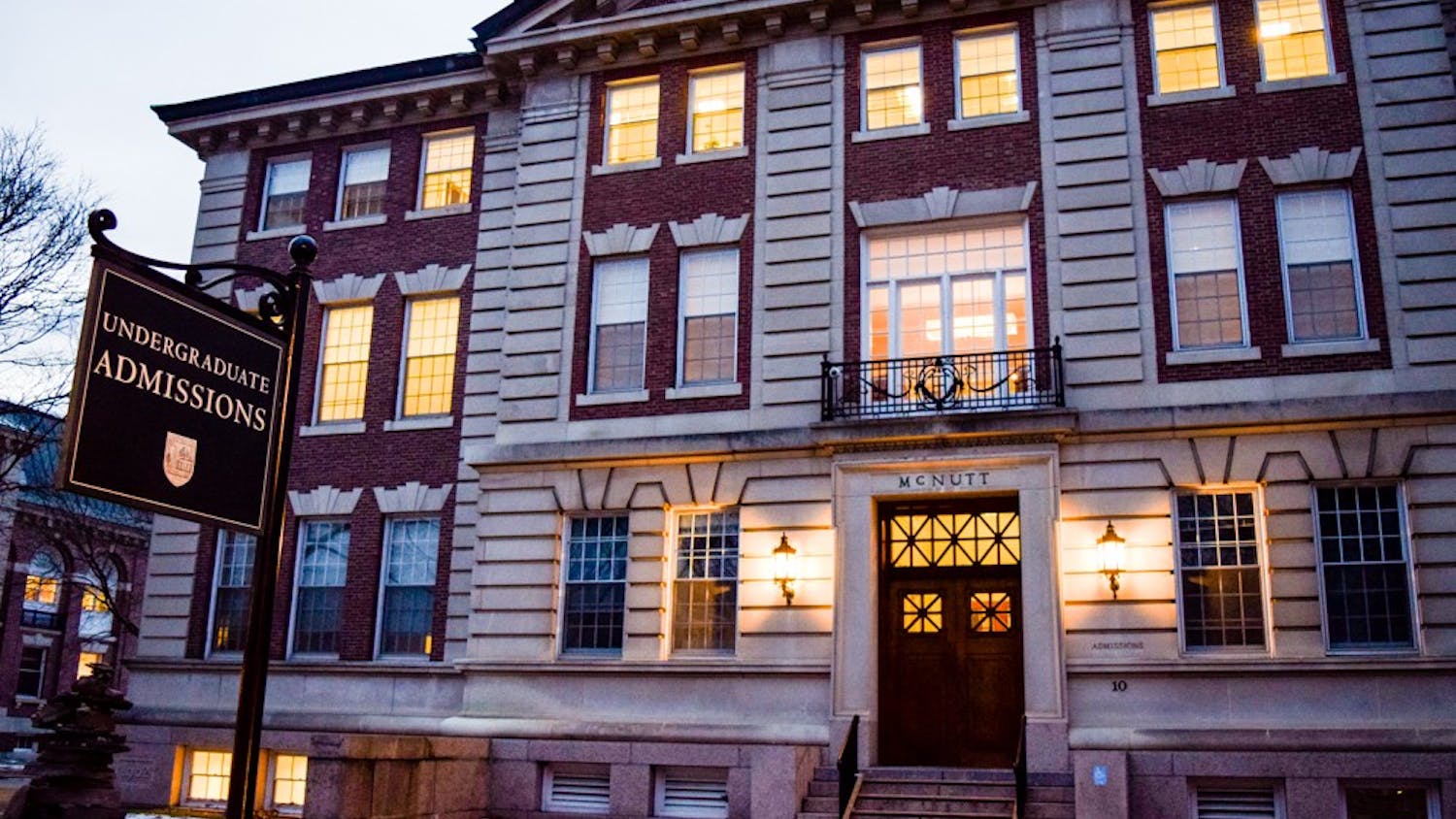Yaa Gyasi’s follow-up to her American Book Award-winning 2016 debut “Homegoing” is “Transcendent Kingdom,” a novel alternating between past and present in the life of Gifty, a Ghanaian-American neuroscience Ph.D. candidate and former self-proclaimed “Jesus Freak.” Throughout the book, Gifty, who studies impulse control in mice, reexamines what led her to a life of empiricism after growing up in a deeply religious immigrant family in the Bible Belt. Grappling with Gifty’s experiences growing up “sticking out like a sore thumb” in her predominantly-white town and “as Ghanaian as apple pie,” the novel is both accessible and urgent.
As readers, we watch as Gifty’s trauma over her brother’s death, her father's return to Ghana and her mother's mental health unfolds into an understanding of her experiences both within and without: within the fold of devout, Southern Christianity but without any support as a Black girl in her church; within America physically but without the promises of the American Dream; within Ghana through her family’s stories and culture and without it physically; within science and without complete faith in reason alone. With its many quietly shifting parts, “Transcendent Kingdom” showcases the complex elements of Gifty’s identity to bring visibility to the immigrant consciousness in America.
The conflict between faith and science stands at the forefront of “Transcendent Kingdom.” The novel deftly intersperses Gifty’s adult voice with snippets of her childhood journal, allowing the reader to remain fully invested in both her youthful religiosity and her contemporary skeptical empiricism. Moving through both time and physical space, the tensions of science and religion begin to tighten, propelling the narrative with a pace that novels of such scope rarely possess.
Beginning as a devout child, Gifty loses her faith in God when her church abandons her family at the height of her older brother’s opioid addiction. Many instances of racism in the church, including one woman alleging that all Black people are predisposed to drug addiction, begin to separate Gifty from God. Gifty’s experience with racism within the Church complicates her religious identity and pushes her toward a life in science.
However, as Gifty goes through undergrad at Harvard University, she finds flaws within science as well. When pressed by one of her classmates to take a clear stand on God, Gifty replies, “I think we’re made out of stardust and God made the stars.” Gifty’s response demonstrates why “Transcendent Kingdom” is such a soaring, individual work of fiction: Gyasi can seemingly hold all truths, all withs and withouts, in a single narrative. Isn’t that, Gyasi seems to be saying, the task of an immigrant in America — to hold complex, contradictory truths about belonging, home, and memory?
What is brilliant about “Transcendent Kingdom,” besides the clear and sweeping prose, is that its existence addresses young Gifty’s shame in her multifaceted identity as a Black immigrant by acknowledging and recounting her past. An older Gifty writes, “When I was a child, no one ever said the words 'institutionalized racism’ … There was little interest in these issues because there was, there is, little interest in the lives of Black people.” Gyasi’s narrative provides an act of seeing, a kind of visibility, to the narrative of Black immigrants in America. The novel thus acknowledges Gifty’s identity, sees the enormity of her life and her experiences and through recitation of those experiences, exhibits care and interest in her story.
A less gifted author than Gyasi would describe Gifty as between worlds: between Ghana and America, between the Ivy League and the rural South, between religious and scientific. But Gyasi shows that the world Gifty lives in is actually our own. By giving readers a character grappling with conflicting identities, we are able to fully appreciate the complexity of our world. Through Gifty we can see that there is no in-between when it comes to identities; there are only the stories that we are familiar with, and the stories that we are not. By giving readers Gifty, Gyasi broadens the stories American readers are used to, providing representation for Black immigrants where it is so desperately needed.
Gifty reflects, “I used to see the world through a God lens and when that lens clouded, I turned to science. Both became, for me, valuable ways of seeing, but both have failed to fully satisfy their aim: to make clear, to make meaning.” Amid the flaws of religion and science, storytelling might be the third critical piece in our human endeavor to make clear, and to make meaning. In providing a platform to narratives that represent fully the lives of those who appear to be on the fringes of America, Gyasi allows readers to engage in an act of seeing that places Gifty’s story in the middle of our literary consciousness, right where it should be.




